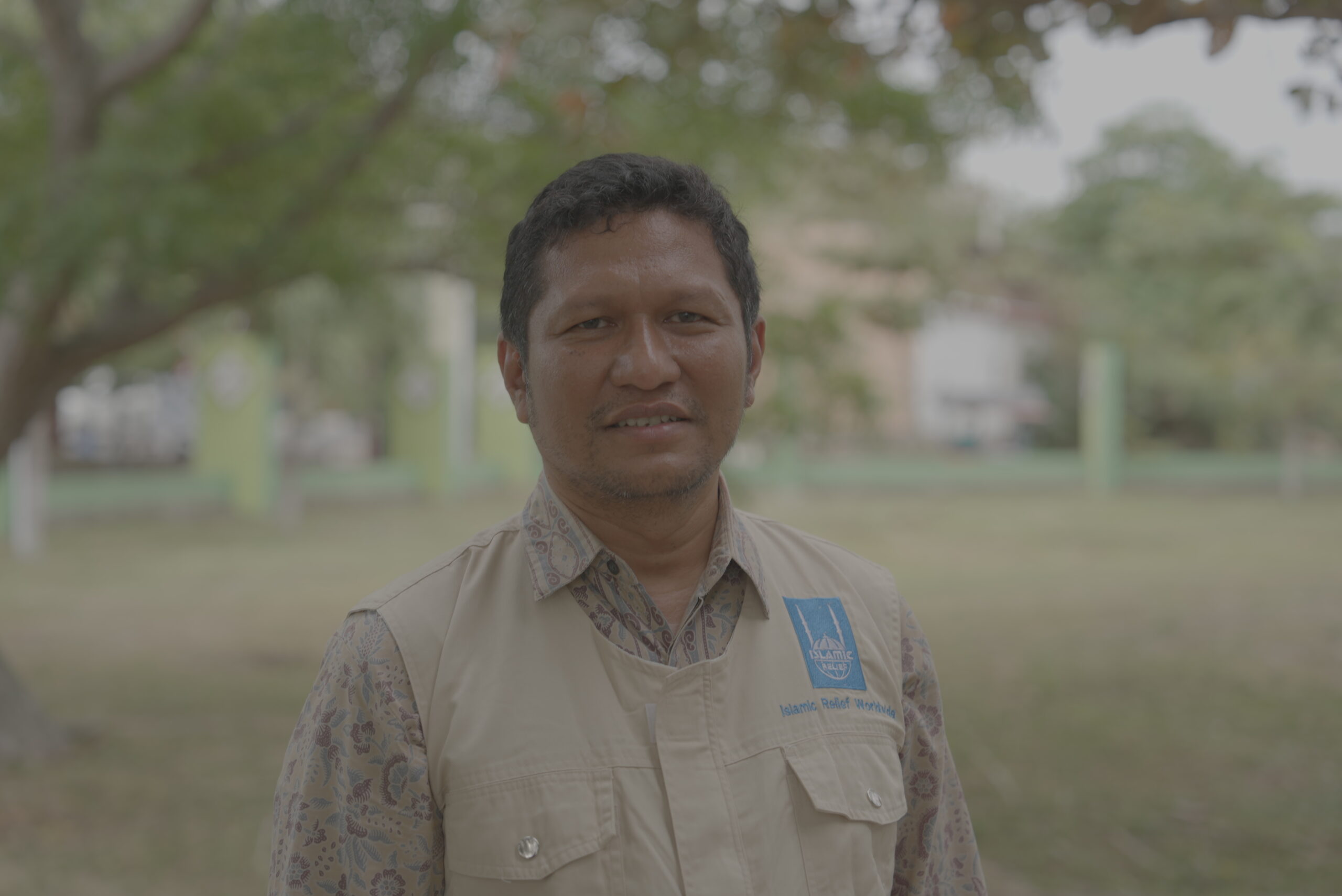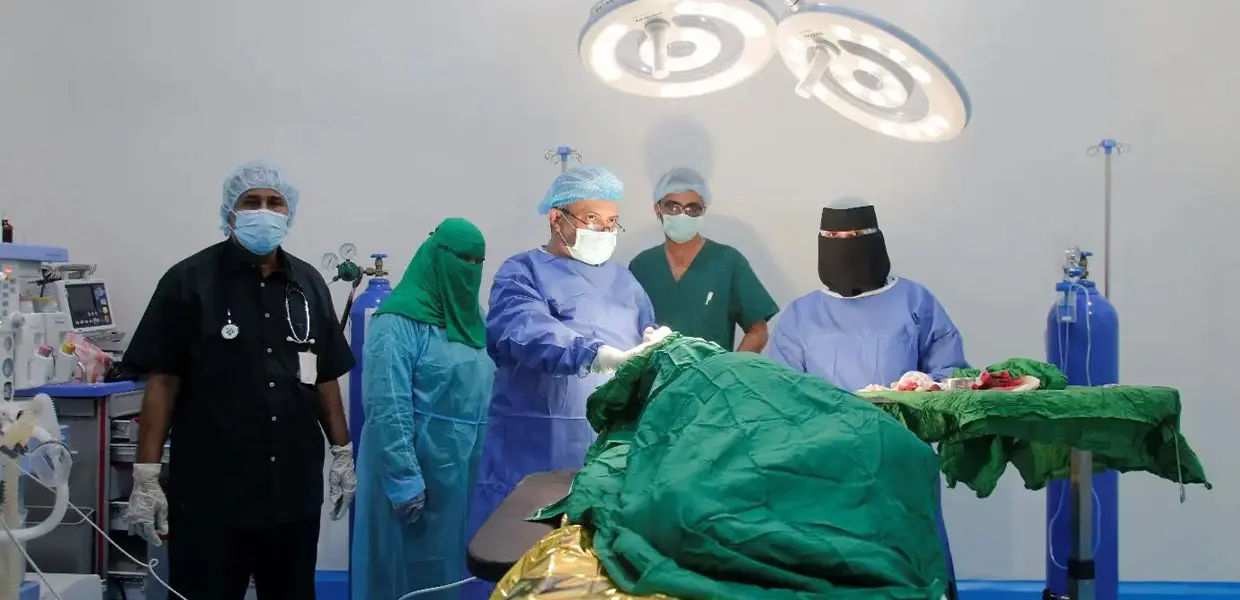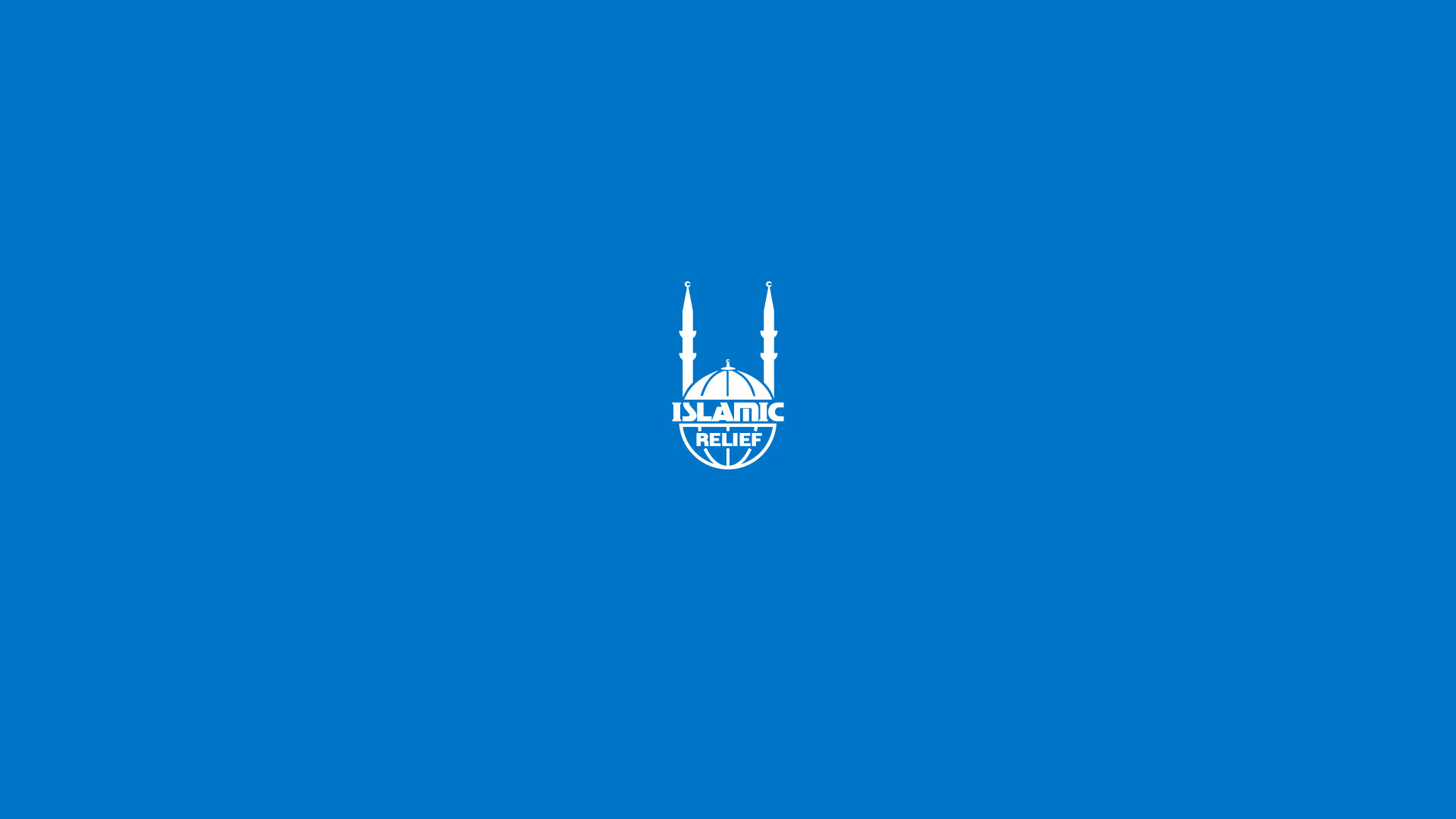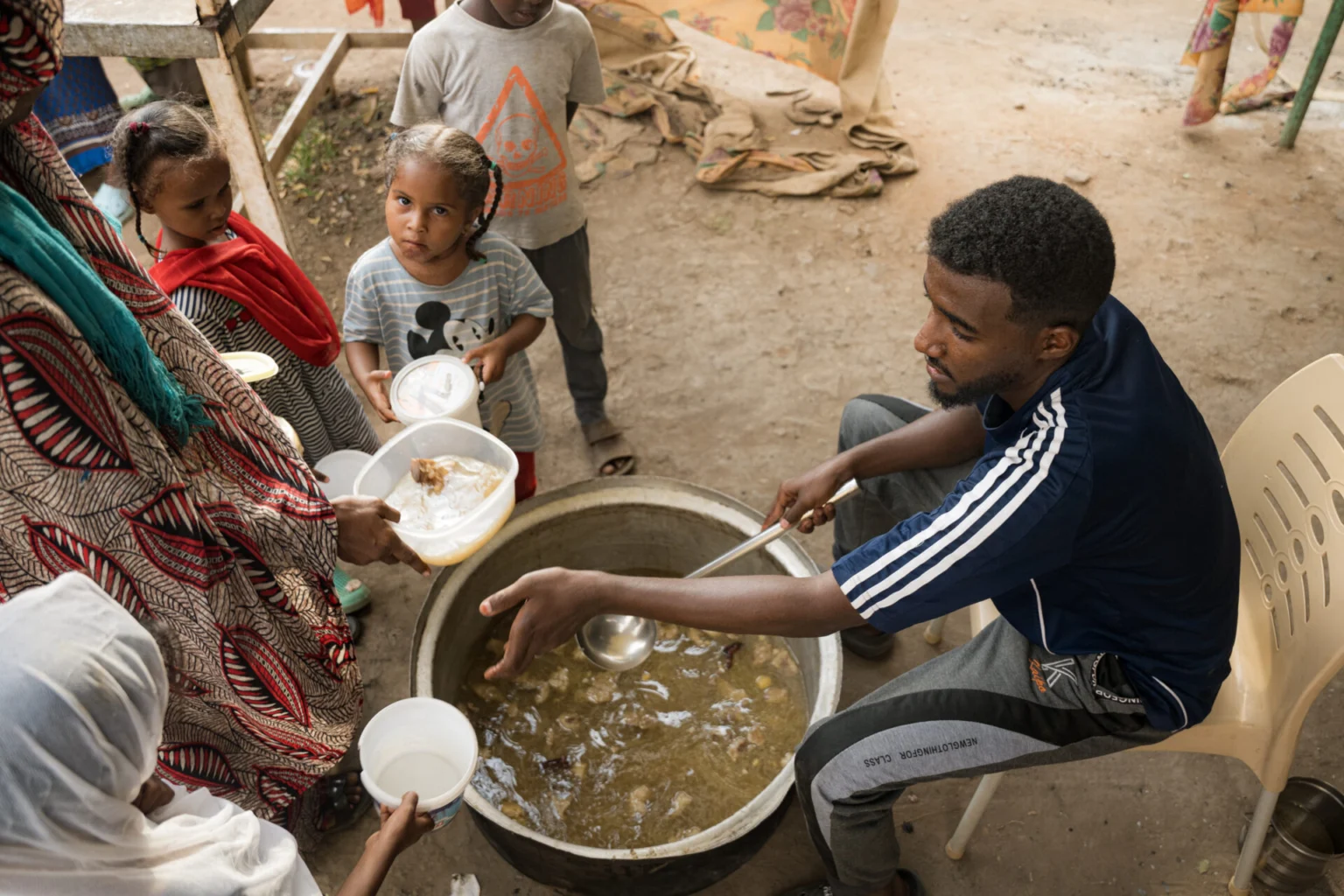Ahead of the 20th anniversary of the devastating Indian Ocean tsunami and earthquake, humanitarians met in Banda Aceh, Indonesia, in August to discuss the state of country’s humanitarian sector.
For Candra Kirana, Islamic Relief Indonesia’s Deputy CEO and Head of Operations, reflecting on the 2004 disaster has both professional and personal significance.
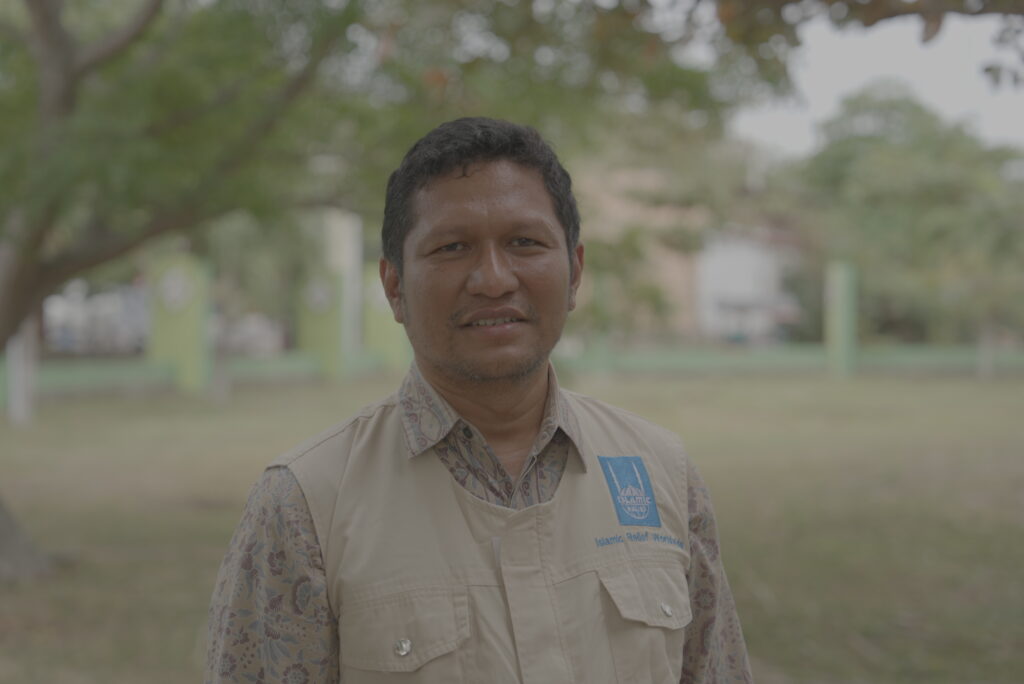
In August 2024, I joined fellow humanitarians, academics, and representatives from government and international organisations in Banda Aceh, Indonesia. It was for a conference marking both World Humanitarian Day and the anniversary of the earthquake and tsunami that devastated the city and wider region 20 years ago.
Attending events like this is a deeply emotional experience for me, because I am a survivor of the tsunami myself.
After the disaster, I felt called to work in the humanitarian sector. And I have been dedicated to doing so ever since. I chose to attend this event at the conference in particular because its focus on equal partnerships and empowering local civil society organisations resonated deeply with me.
Engaging in discussions about a disaster I experienced brought back vivid memories of loss and resilience, but it also allowed me to reflect on how far Indonesia’s humanitarian sector has come since 2004.
Localisation in the ‘disaster laboratory’
Indonesia has been described as a ‘disaster laboratory’. The sheer number and variety of disasters we are vulnerable to presents huge risks. But it also provides the opportunity to develop and test disaster prevention, management and response techniques.
Localisation in humanitarian aid means funding and giving decision-making power to organisations based in the countries affected by emergencies. It is vital because it empowers local actors who possess unique insights and understanding of their communities.
Local organisations often have established trust with disaster-affected populations, allowing them to communicate and respond to specific needs more effectively. They are deeply familiar with local cultures, customs and languages, and this familiarity enhances their ability to provide relevant and timely assistance when a disaster happens.
Local actors are typically more agile and adaptable than international organisations. They can mobilise quickly in emergencies, leveraging existing networks and resources to deliver aid more efficiently. While their proximity to affected communities allows them to identify emerging needs and gaps in services quickly, ensuring that responses are tailored to the local context.
Local knowledge saves lives
There is one very notable example from the 2004 disaster that shows just how powerful harnessing local expertise can be. ‘Nandong Smong’ is a traditional practice in Simeulue, an island 150km off the coast of Sumatra, where Aceh is located.
In 1907 Simeuele was devastated by a major tsunami. Survivors told the story to their descendants in a practice that has continued to the present day, instructing listeners to evacuate to higher ground if they see the tide recede following an earthquake.
Nandong Smong has led to community awareness of tsunami risks, enabling locals to recognise the signs of an impending tsunami based on these historical experiences and environmental cues. In 2004, many residents heeded this local wisdom, leading to successful evacuations and ultimately saving lives. Only 7 of the island’s more than 70,000 people lost their lives, compared to well over 100,000 elsewhere in Aceh.
By prioritising local capacities and solutions like Nandong Smong, humanitarian efforts can become more sustainable and effective in the face of future challenges.
Dedicated to making a difference
The conference in August led to an agreement to establish several important localisation tools, including the National Reference Group (NRG), the Indonesian Localisation Lab, the Indonesian Humanitarian Pooled Resources, and the Anthology of Local Civil Society Organisation Movements in Indonesia.
These initiatives play a crucial role in enhancing local ownership of humanitarian action. It improves coordination and strengthens the effectiveness of humanitarian and development efforts across the country.

Spending time with other humanitarian workers who share a commitment to improving disaster response felt empowering. It’s inspiring to see how our collective experiences can shape more effective strategies in disaster management and response.
But, at the same time, it can feel overwhelming to confront the realities that many in our country still endure. Especially as climate change leads to increasingly frequent and intense disasters.
The conference reinforced my dedication to making a difference. Sharing my own story and hearing from others helps create a sense of solidarity. As well as purpose in our work as we prepare to address the future challenges that lie ahead.
More than just a commemorative event
The event concluded with the adoption of the Banda Aceh Declaration. This emphasises a commitment to strengthening Indonesia’s humanitarian system. By adopting an inclusive and sustainable localisation approach.
This declaration recognises the vital role of local civil society organisations. Where it promotes a humanitarian response that is more relevant, effective, and aligned with humanitarian principles.
Overall, the Indonesia 2024 Localisation Conference was more than just a commemorative event. It marked an important moment to redefine and enhance future humanitarian responses.
As someone who works for Islamic Relief and a survivor of the tsunami, I felt this conference was a crucial step toward a more just and effective approach to humanitarian aid. I look forward to being part of this journey and the progress we can make over the next 20 years.
20 years on from the earthquake and tsunami, Islamic Relief is sharing the stories of survivors – including Candra – staff and our steadfast support of affected communities in the decades that followed the disaster.
Be a lifeline. Give relief.
Help us to continue our vital work supporting those in desperate need of aid where disasters strike

